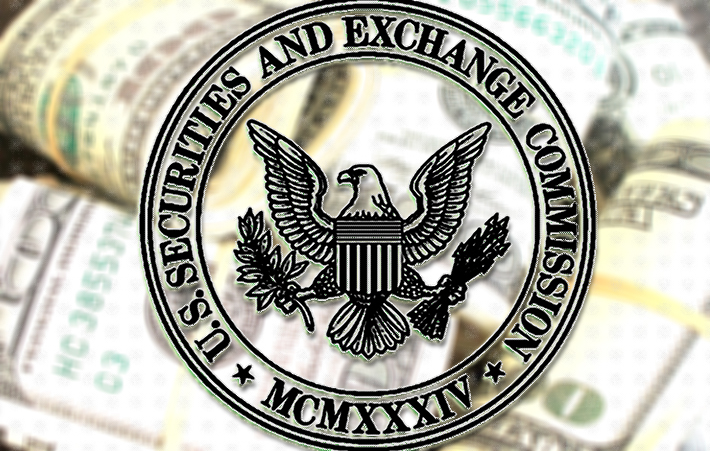The House Financial Services Committee ( HFSC )Sub-committee on Investor Protection, Entrepreneurship and Capital Markets held a hearing recently entitled: “Promoting Economic Recovery: Examining Capital Markets and Worker Protections in the COVID-19 Era”
Along with the hearing, the sub-committee introduced ten bills for consideration.
Two dealt with the behavior of publicly traded companies.
H.R. 6339
H.R. 6339, which has not yet been named, dealt with stock buybacks for publicly traded companies.
This bill would ban stock buy backs while the COVID 19 crisis is ongoing.
Both Republicans and Democrats have expressed concern that companies, particularly those receiving bailout money, will use that money not on capital investment but stock buy-back.
“To temporarily ban stock buybacks until the impact of COVID–19 on the American financial system has ended,” the HFSC bill states.
Brad Sherman is a Democrat from the State of California and he noted this in his opening remarks on meeting of the HFSC.
“Today, I’m particularly focused on the limitations that we imposed on those companies getting direct federal loans. At a minimum, these companies were supposed to have abstained from stock buy-backs and dividends.” He said. “The idea that we would give money to a company as a loan and instead of that supporting the business, that money goes out to shareholders in stock buy-backs is simply outrageous. Yet, we’re told the Fed is planning to in effect make direct loans but package them as being the single purchaser of a issuance of publicly tradeable bonds.”
The text of the proposed bill can be found here.
Ensuring Shareholder Governance Act of 2020
The Ensuring Shareholder Governance Act of 2020 seeks to make it easier for small shareholders to present proposals at yearly shareholder meetings.
It forbids the Securities and Exchange Commission (SEC) from increasing the threshold, currently at least $2,000 worth of stock, for a shareholder to submit a shareholder proposal.

It also forbids the SEC from increasing the thresholds for resubmissions.
The bill also deals with shareholder proxies stating, also forbidding the SEC from increasing the requirements for usage of shareholder proxies above those already in place.
Last year, the Senate Banking Committee held another hearing which discussed shareholder meetings and proxies entitled: “The Application of Environmental, Social, and Governance Principles in Investing and the Role of Asset Managers, Proxy Advisors, and Other Intermediaries”
One witness was James Copland, a Senior Fellow at the Manhattan Institute. He noted that the low financial threshold encouraged activists to use small investments to infiltrate shareholder meetings with social proposals not related to the company’s business.
“The SEC’s lenient shareholder-proposal rules have also empowered a very small number of investors with limited investment stakes to assume an outsized role in corporate-boardroom debates; three individuals and their family members—commonly called ‘corporate gadflies’—have sponsored between 25% and 45% of all shareholder proposals in recent years,” he stated in his written statement.
The proposed bill can be found here.
The hearing was held virtually through teleconference in conjunction with COVID related safety measures.
The bills still have a long way to go before they become law. They must first pass out of committee, the full House of Representatives, before having another same or similar bill pass the US Senate, until it is at or near becoming law.









